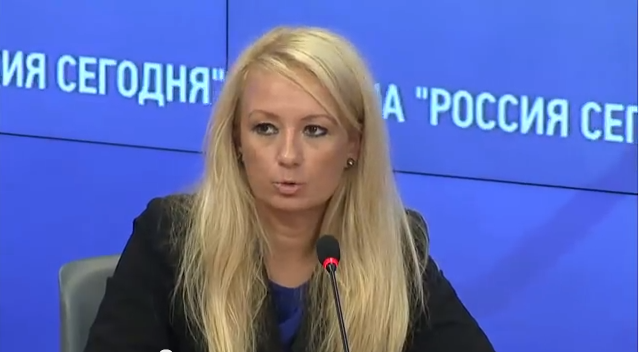Dragana Trifkovic for SPUTNIK

Andrew Korybko: Reuters reported that 53% of the electorate supports Vucic while only 15% would vote for the opposition alliance, so what’s your reaction to this poll and do you believe that it’s really representative of the general sentiment in Serbia today or might it be a misportrayal of the situation?
DT: I think that these are not real indicators and that the government has less support than it is shown. First of all, media freedom in Serbia has been suppressed. The media are completely censored. So the public does not have a good picture of what's going on. This is one of the reasons why people are on the streets. The second problem is the regularity of the electoral process. Serbia has about seven million citizens and the same number of registered voters. This means that we have about one million and seven hundred thousand surplus voters on the voter lists. That fact is used by the authorities. Even the last OSCE election report in Serbia was sharply critical. We cannot hold regular elections until the voter lists are settled and until the freedom of the media is established.
Andrew Korybko: Reuters also said that the opposition ruled out participating in snap elections if the government were to hold them like it previously hinted, so what exactly do the protesters intend to achieve and how do they plan to go about accomplishing it if not by democratic means at the ballot box?
DT: We cannot allow ourselves to go to such elections with irregular voter lists and without equal treatment for all participants. We are looking for modernization and modification of the voting system. We also do not have any chance in the elections that would take place in the media darkness.
We also demand that the government does not exert pressure on the citizens, which has been the case so far. That is why the atmosphere of fear and violence in Serbia is dominating, where the government is carrying out violence against its political opponents. We will protest until our conditions regarding election conditions and media freedom are fulfilled.
Andrew Korybko: All told, how would you compare the Serbian protesters to their Yellow Vest counterparts, and do you think that these two somewhat similar movements are part of the larger populist trend that’s sweeping Europe nowadays or just stand-alone country-specific movements unrelated to one another?
DT: The situation in the world is very unstable and it is obvious that changes are taking place. Whether they will be better or worse we cannot clearly predict it. What is certain is that in many places citizens are dissatisfied with existing systems. Every country of course has its own specificity. Serbia cannot compare itself with France, which is a great advantage for Serbia as well. But things do not work well even there. People are dissatisfied with political elites, corruption, negligence for the interests of the State and the people, and overly misunderstanding of the political elites for the problems that citizens face on a daily basis. Protests are connected in terms of general dissatisfaction of citizens, but each State is struggling with its own problems.
19. January 2019.
sputniknews.com/radio_trendstorm





